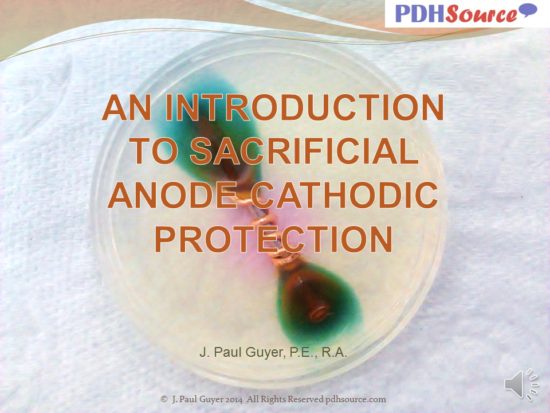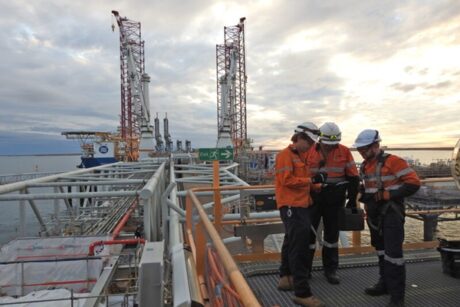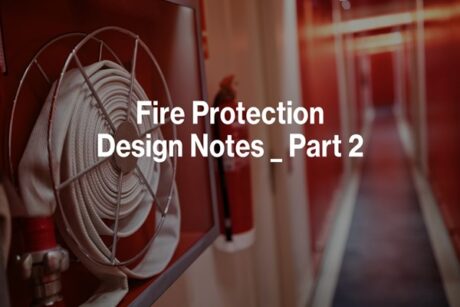- Course No E – 1366
- PDH Units 3.00
No data found for Custom Course Number
No data found for Custom Course Units
- Course No E – 1366
- PDH Units 3.00
Intended Audience: civil engineers, structural engineers, mechanical engineers, electrical engineers and other design and construction professional
PDH UNITS: 3
This course will provide you with an introduction to the methods, equipment and practices for design and operation of sacrificial anode cathodic protection systems. Course Outline 1. INTRODUCTION 2. SACRIFICIAL ANODE CATHODIC PROTECTION SYSTEM DESIGN PROCEDURES 3. DETERMINATION OF CURRENT REQUIRED FOR PROTECTION 4. DETERMINATION OF ANODE OUTPUT 5. DETERMINATION OF NUMBER OF ANODES REQUIRED 6. DETERMINATION OF ANODE LIFE 7. SEASONAL VARIATION IN ANODE OUTPUT 8. SACRIFICIAL ANODE MATERIALS 9. OTHER SYSTEM COMPONENTS This course will give professional engineers and others an introduction to the principles and practices that are the basis of corrosion protection systems employing sacrificial or galvanic anodes.
Learning Objectives
At the successful conclusion of this course, you’ll be able to identify and discuss:- Learn about the advantages and disadvantages of sacrificial anode systems;
- Learn about the soil conditions where sacrificial anodes are most effective;
- Learn about the metals applicable for anode material;
- Find out how sacrificial anode systems differ from impressed current systems;
- Learn where magnesium anodes are most effectively employed;
- Learn about relatively recent uses for aluminum anodes; and
- Learn about operational and maintenance considerations for sacrificial anode systems.
Once completed, your order and certificate of completion will be available in your profile when you’re logged in to the site.










